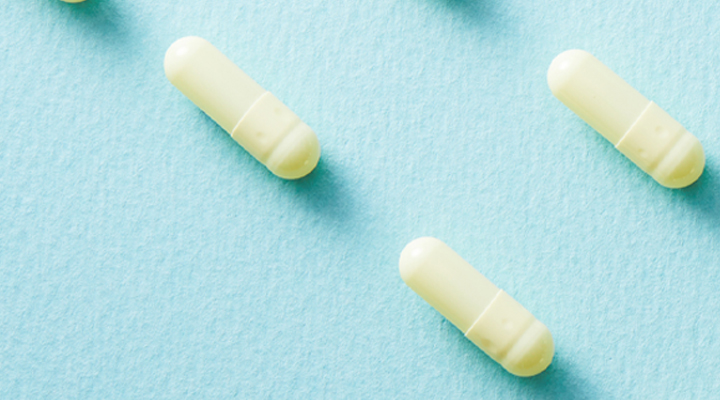외과적 결장암 절제 수술 환자 대상 장내 미생물 구성 변화, 면역시스템 균형 개선 효과 확인
4개의 의료센터에서 인체적용 시험 진행 (아산병원, 카톨릭대병원, 분당서울대병원, 삼성병원)
[Abstract]
We investigated microbiota changes following surgical colon cancer resection and evaluate effects of probiotics on microbiota and surgical recovery. This randomized double-blind trial was performed at four medical centers in South Korea. Of 68 patients expected to undergo anterior sigmoid colon cancer resection, 60 were eligible, of whom 29 and 31 received probiotics and placebo, respectively, for four weeks, starting at one week preoperatively. Third- and/or fourth-week information on anterior resection syndrome (ARS), inflammatory markers, and quality of life was obtained. Stool sample analysis was conducted after randomization and bowel preparation and at three and four postoperative weeks. Bacteria were categorized into Set I (with probiotic effects) and II (colon cancer-associated). The probiotic group's ARS score showed an improving trend (p = 0.063), particularly for flatus control (p = 0.030). Serum zonulin levels significantly decreased with probiotics. Probiotic ingestion resulted in compositional changes in gut microbiota; greater increases and decreases in Set I and II bacteria, respectively, occurred with probiotics. Compositional increase in Set I bacteria was associated with reduced white blood cells, neutrophils, neutrophil-lymphocyte ratio, and zonulin. Bifidobacterium composition was negatively correlated with zonulin levels in the probiotic group. Probiotics improved postoperative flatus control and modified postoperative changes in microbiota and inflammatory markers.




















